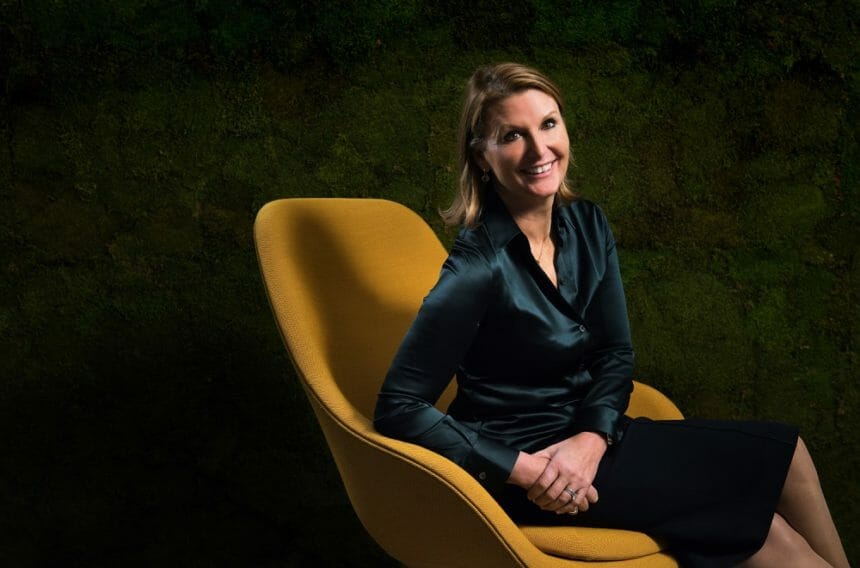The coronavirus pandemic has, perhaps more than any other time in recent history, put science – and scientists – at the center of the global stage. As our basic freedoms are temporarily eroded, society is looking longingly at science in the hope of a quick way out.
That thirst for knowledge is exposing many to the unfamiliar languages of epidemiology, virology and anthropology. And it is exposing scientists – whose brilliance has previously been shrouded in academia – to a global audience that wants rapid answers. In a debate clouded by misinformation and politicization, people are turning to science for truth.
Which comes with challenges of its own.
We’re still trying to understand the evolving characteristics of the virus and the wide variation in immune response. As we watch and learn, a lag in evidence is complicating the quest for reliable testing, effective treatments and game-changing vaccines. Current research finds hope in plasma therapy, IL-6 testing and IL-6 medicines, with scientists targeting the cytokine storm that appears to be hitting the most severely affected.
The science is also broad. Coronavirus is giving us an education beyond medical science and introducing us to concepts like epidemiological modelling, behavioral theory and social science. As our vocabulary expands, the complexities of pandemic become ever more apparent. Science is rich, rewarding and reassuring – but, unlike much of the world’s current population, it doesn’t live in isolation.
In some areas, the science is subjective – the precise opposite of how we remember it from our school days. Globally, the use of face masks divides opinion, while the scale and nature of social distancing measures differ from country to country. Only time, and evidence, will tell us who was right.
Finally, science has enemies. The biggest is misinformation, with our search for answers too often punctuated by fake news designed to throw us off course. The World Health Organization has referred to the current state of affairs as an infodemic, noting how misinformation “spreads faster than the virus and is just as dangerous.”
Thankfully, big tech is leading a global movement to stop it in its tracks. But in an information-hungry world desperate for a pathway back to normal, fake news will always be our greatest nemesis.
It’s no surprise we’re putting our trust in the experts. As partisan debate intensifies, many are finding reassurance in the calm objectivity of the scientific community. Since early March the London School of Hygiene and Tropical Medicine has delivered a series of real-time COVID-19 Q&As, connecting a global audience directly with leading scientists and world experts.
In China, where opportunities to engage experts are rare, we worked with local partners to expand our existing scientific/medical WeChat group to deliver two of the world’s largest COVID-19 virtual conferences. The most recent attracted an audience of more than 11 million. The events have also sparked a phenomenal response on social media, with posts commending the healing power of open and transparent communication.
The numbers tell the story. The world is engaging with science and welcoming the window to expert insight. At a time of great fear and confusion, scientists are holding our virtual hands, giving us the answers we need based only on the evidence in front of them. Science is speaking for itself – and the world is listening.
Claire Gillis is international CEO of WPP’s health practice








